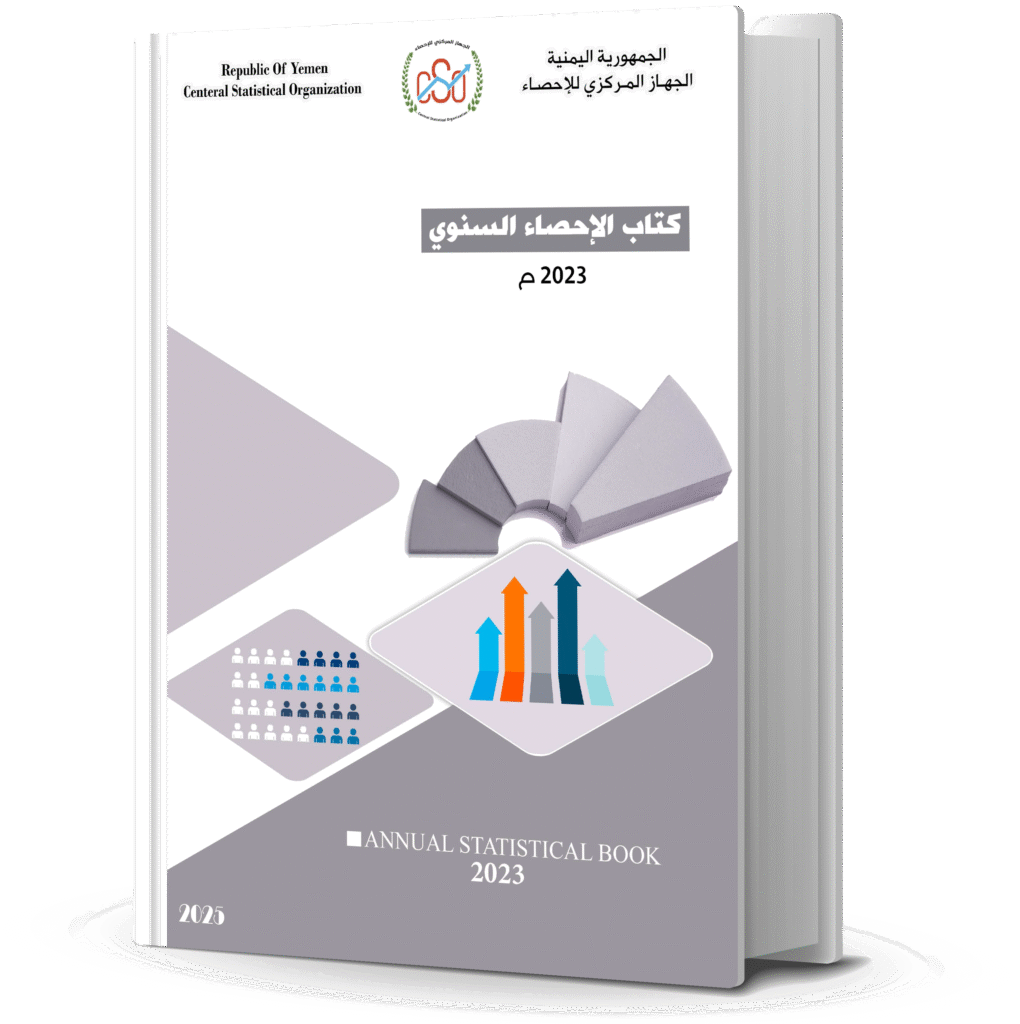Background
|
Foreign trade plays a pivotal role in the country’s economic development by developing exports in various sectors, creating real export opportunities for exporters in foreign markets, and raising the level of local production to face global competition. Foreign trade defined as the process of exchanging goods , commodities and services between a specific country and other countries. It constitutes an important factor in economic development in developing countries and in determining the main features of any country’s economy through balance and interconnection between all economic and social sectors. It also relied upon to secure the necessary goods and commodities for countries, and in Raising the levels of saving and investment in these countries through external exchange and bilateral agreements that are formed within international economic blocs to reach the best economic development for those countries. Therefore, it expresses the economic relations between different countries, which are based on common interests. Therefore, there is a constant interest in developing advanced scientific methods that can lead to a better future. This is done by facilitating this process with the aim of helping citizens and improving planning and economic feasibility of projects by providing a database within certain rules for coding and editing to provide decision makers and researchers with an accurate and comprehensive database. |
Methodology
|
Foreign Trade Administration works to provide statistical information on foreign trade statistics, such as (national exports, imports, and re-exports). It based on classifying and classifying goods and commodities according to the Harmonized System (HS) and other tables, with the aim of providing a comprehensive statistical database, monitoring trade exchange between countries (trade balance), and providing researchers, mappers and decision-makers with accurate information about foreign trade. It then produces the results and issues comprehensive quarterly and annual reports by commodity and country covering foreign trade statistics. In addition, It publishes the electronic issues for data users. The main source for collecting foreign trade data in Yemen is the Customs Authority (customs data issued by the Yemeni Customs Department) through customs offices via (the global ESCWA system). It provides accurate statistics and management information required for good planning. The Foreign Trade Department collects data from customs departments or receives it as an electronic copy at the beginning of each month, as the foreign trade form includes (customs item – category – description of the commodity – registration date – subunit – quantity – value – country of origin – customs type – trade type). Then , the data is processed by the Foreign Trade Department of the Central Organization of Statistics through: Collecting and tabulating the data sent by the Customs Authority, controlling errors, if any, and reviewing and correcting them in coordination with the Customs Authority. Transcribing data into quarterly and annual tables. Data analysis by comparing data for the current year with the same period of the previous year and the extent of decrease or increase in the percentages of exports and imports. Publish data electronically. |
The most important indicators
1- Total value of imports.
2- Total value of exports
3-Total value of re-exports.
4- Calculating the trade balance.
Bulletin
The Foreign Trade Department issues a number of bulletins, including:
1. Annual Foreign Trade Bulletin.
2. Semi-Annual Foreign Trade Bulletin.
3. Quarterly Foreign Trade Bulletin.
Monthly Foreign Trade Bulletin
Information Bank
Foreign trade bulletins
Statistical Tables
Meta data for Indicators
The value of exports, re-exports and imports by economic sectors for the years 2008-2013
Interactive Dashboard
Coming soon

Contact Information

nawal.a@cso-ye.org

نوال حسين عبدالرحمن السلفي

009672204446
